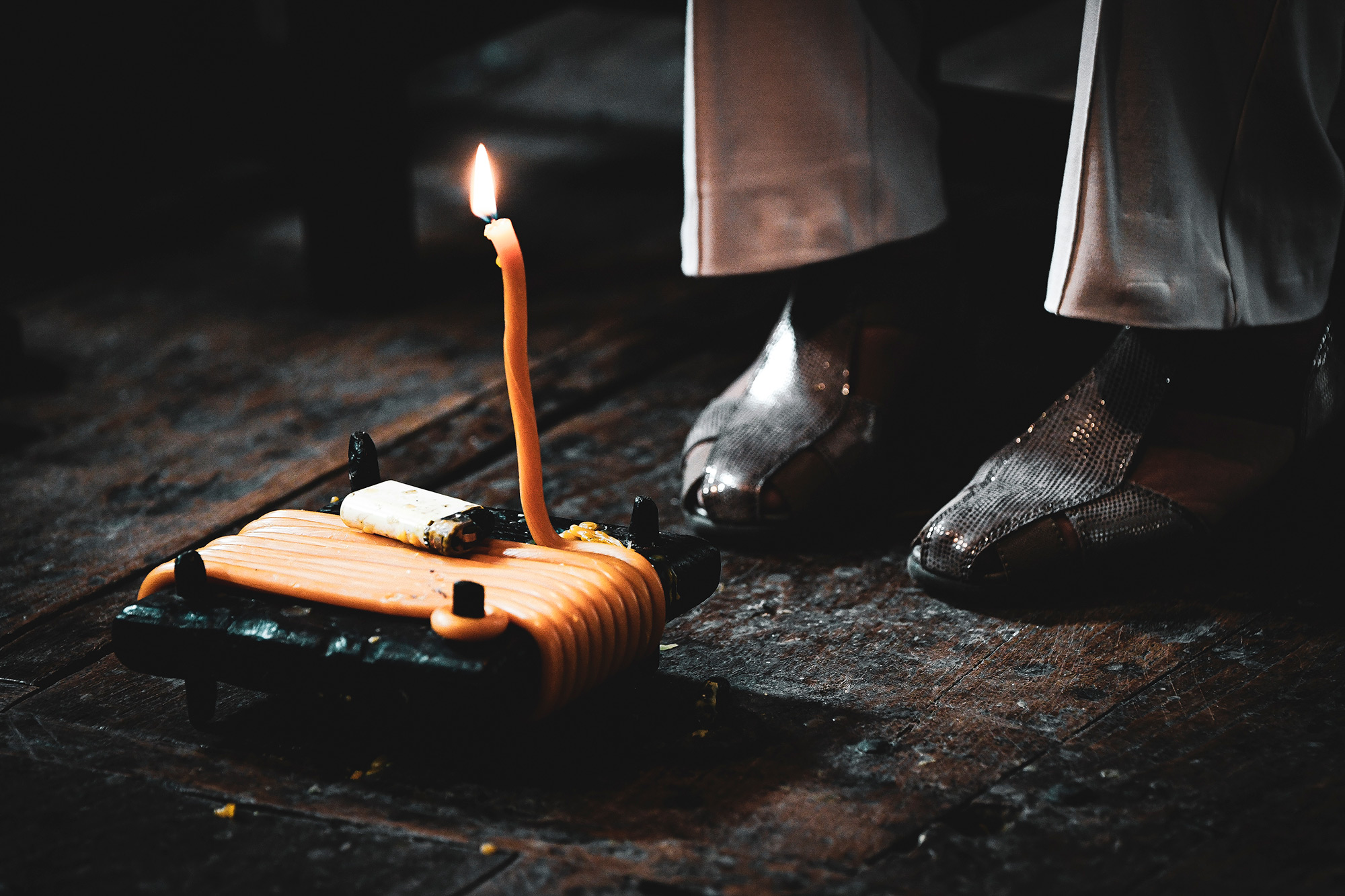I. Donostia will host the Feminist Anthropology Congress from 8 to 10 June
- After two years of delay, the I will be celebrated this year. Feminist Anthropology Congress. Basque and international experts will participate in a varied three-day programme. At least 340 people are expected to participate.

Although they have had to delay two years, in the end it has a date I. Feminist Anthropology Conferences. It will be held on 8, 9 and 10 June at the campus of the UPV/EHU of Donostia-San Sebastián, in the Faculty of Education, Philosophy and Anthropology, HEFA. The congress is the result of the collaboration of the Feminist Anthropological Research Group AFIT of the UPV/EHU and the Basque Association of Anthropology Ankulegi, which will have an international character and will have the presence of experts from Euskal Herria, as well as people from Mexico, Catalan countries, Brazil or the Netherlands.
The main objective of the initiative is “to transform knowledge and reality both inside and outside”. Although the organization knows that to do so it is necessary to “deal with the established” and “turn discomfort into a conceptual, personal and political wager”. Hence the head: Transforming knowledge, experiencing discomfort.
In addition, the organizers of the congress have other objectives: “To analyze the contributions of feminist anthropology to the discipline and the main debates and challenges it has today, both theoretically and methodologically”; “to analyze the lines of research that are developing both in Euskal Herria and internationally and the factors that influence its determination”; and “to review the relations between feminist anthropology and feminism and society in general”.
In order to achieve these goals, the congress has been organized in two different formats: round tables and panels. The round tables will be the plenary sessions of all participants in the congress, unlike the panels. The latter are sessions on the return of a specific subject, among which will have to be chosen by those who register in Congress, as they will be held simultaneously. The panels have been completed with 255 communications and 195 will be presented, spread over sixteen panels. From health to feminist justice, there are several issues that will be addressed. The interested party can view all of them on the AFIT website.
Concerning the round tables, five will be held: University, knowledge and precariousness: difficult survival; Feminist and gender anthropology: multiple trajectories of a common genealogy; Debates and theoretical challenges; Ethnographic processes and methodological contributions and feminist anthropology; Feminism and society: discussions and relationships. They will also include experts from Euskal Herria and international countries, with the objective of collecting research and theoretical contributions in the field of feminist anthropology.
In addition to the panels and round tables, the organizers have other initiatives, such as an event organized by pioneering anthropologists in the feminist anthropology of the Spanish State. In addition, the program includes a triki-bertso-poteo and a party.
Delay of two years due to lack of presence
I is part of the list of projects that have had to be delayed as a result of COVID-19. Feminist Anthropology Congress. The organization was planning to implement it in June 2020, but after the declaration of the pandemic situation they had to abandon their plans. By then, they had been organizing the congress for two years, as in 2018 the organizational work began.
They initially decided to postpone the congress for a year, with the intention of doing so in 2021. But the organizers were clear that they wanted the congress to be face-to-face, and because there were no conditions for it, they preferred to wait another year.
“However, we did not want to miss the opportunity to talk about the pandemic we are experiencing from feminist anthropology, and we organized a day on June 16, 2021 at the San Telmo Museum in San Sebastian,” they explain. This is how the Day of Anthropology, Feminism and Pandemic was organized.
After a long wait, I is ready to start. Feminist Anthropology Congress. A minimum of 340 people have registered.
In the last two centuries the concept of “culture” has been given importance. When industrialization, capitalism and Eurocentric imperialism were destroying hundreds of popular cultures, curiosity was awakened by cultures that were on the way to being lost in many... [+]
















